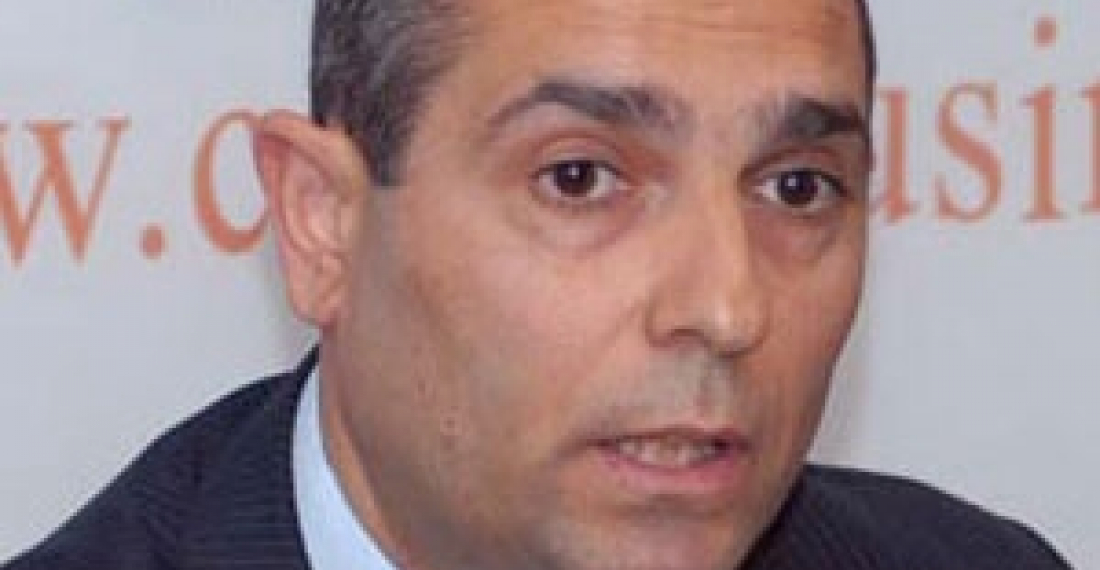"Текст Совместного заявления президентов Армении, Азербайджана и России по нагорно-карабахскому урегулированию от 23 января 2012 года показывает, что основные или <мадридские> принципы все еще остаются на столе переговоров, и старания азербайджанской стороны по незамедлительному переходу к разработке всеобъемлющего мирного соглашения не увенчались успехом", - заявил АрмИнфо председатель Общественного совета по внешней политике и безопасности Нагорно-Карабахской Республики Масис Маилян.
"На мой взгляд, подходы сопредседателей Минской группы ОБСЕ устарели и не могут быть эффективными в нашем случае. Необходимо использовать другие подходы, в частности, учитывающие новые международно-правовые реалии, а также недавние прецеденты в международных отношениях", - отметил он.
При этом Масис Маилян подчеркнул, что Азербайджан все еще не готов к проведению расследования нарушений режима прекращения огня. "По этой причине разработанный посредниками механизм был принят президентами лишь к сведению, а сопредседателям Минской группы ОБСЕ предложено продолжить работу в этом направлении. Это означает, что Азербайджан не собирается отказаться от своей <военной дипломатии> и будут иметь место новые нарушения режима прекращения огня", - сказал он. По словам Масиса Маиляна, президенты понимают важность реализации мер доверия и готовы способствовать налаживанию диалога между представителями интеллигенции, научных и общественных кругов. "Этот подход можно приветствовать, если, только, говоря о диалоге представителей интеллигенции и общественных кругов, президенты не имеют в виду имевшие место контрпродуктивные визиты делегаций с участием послов Азербайджана и Армении в России или недавние безуспешные попытки официального Баку по созданию внутрикарабахского "межобщинного" диалогового формата", - заключил Масис Маилян.







